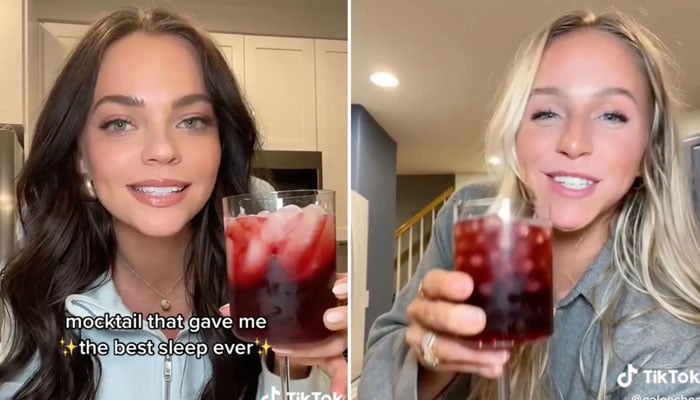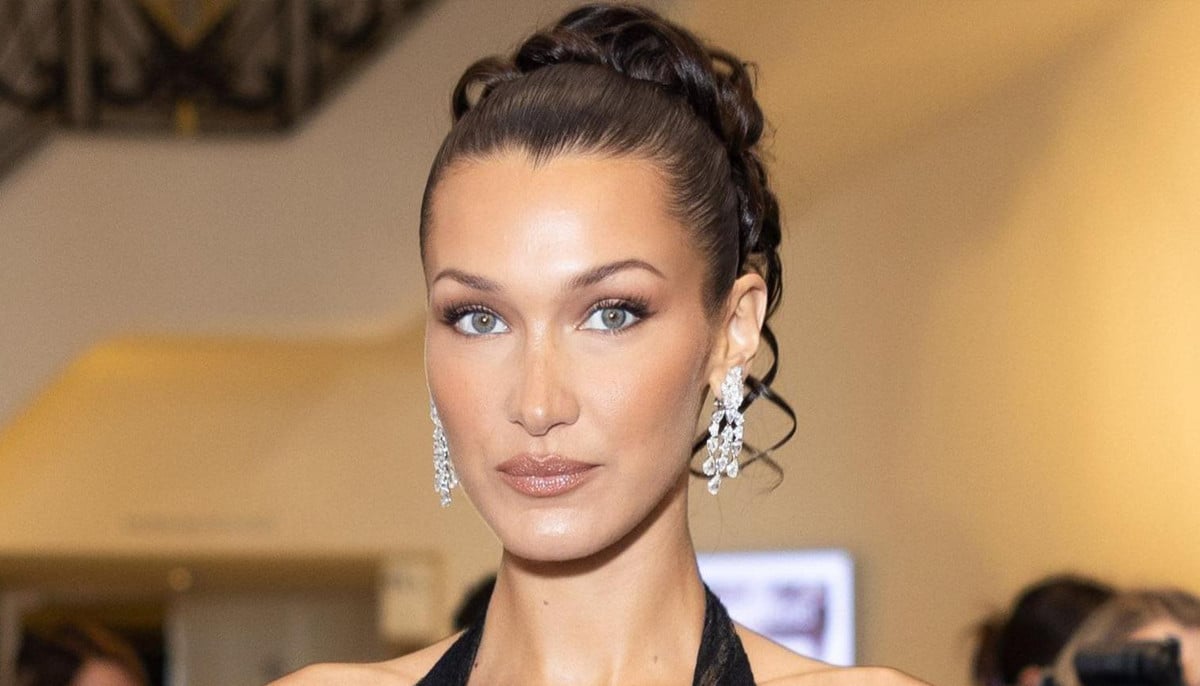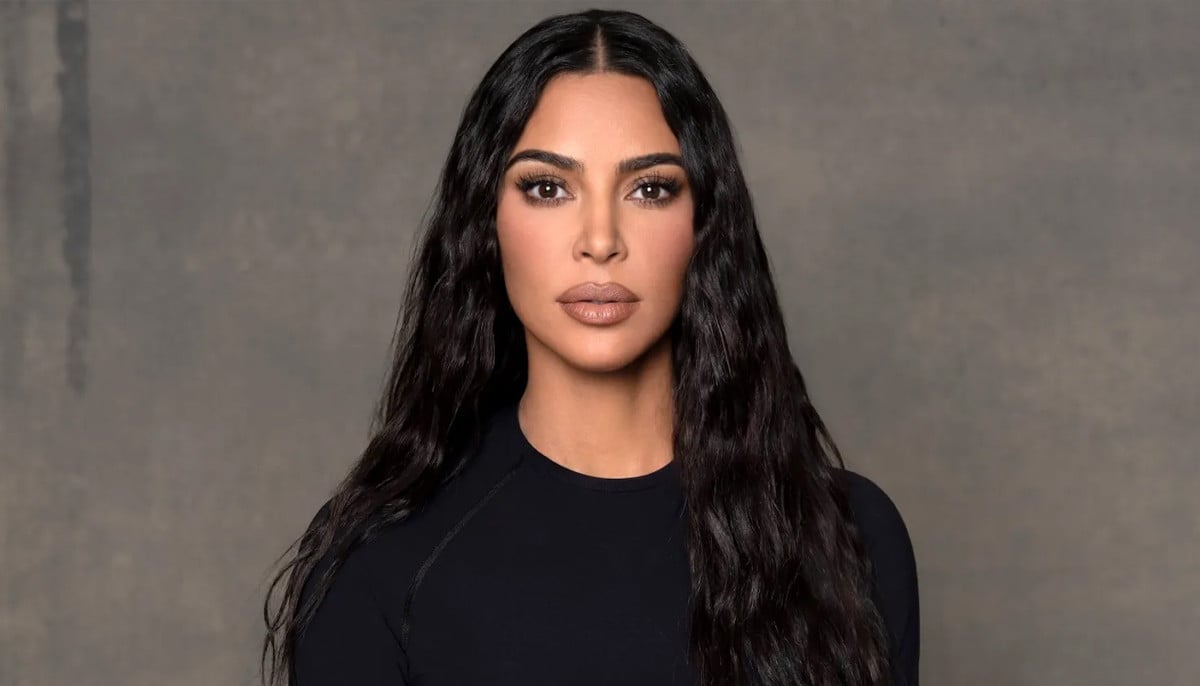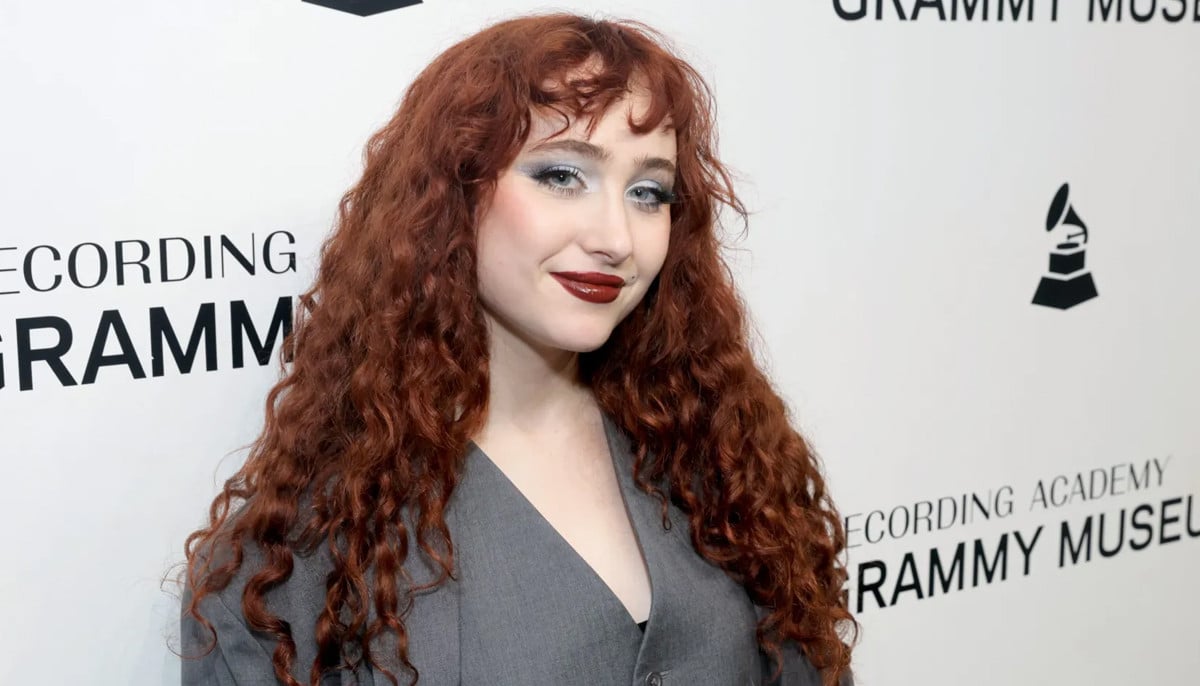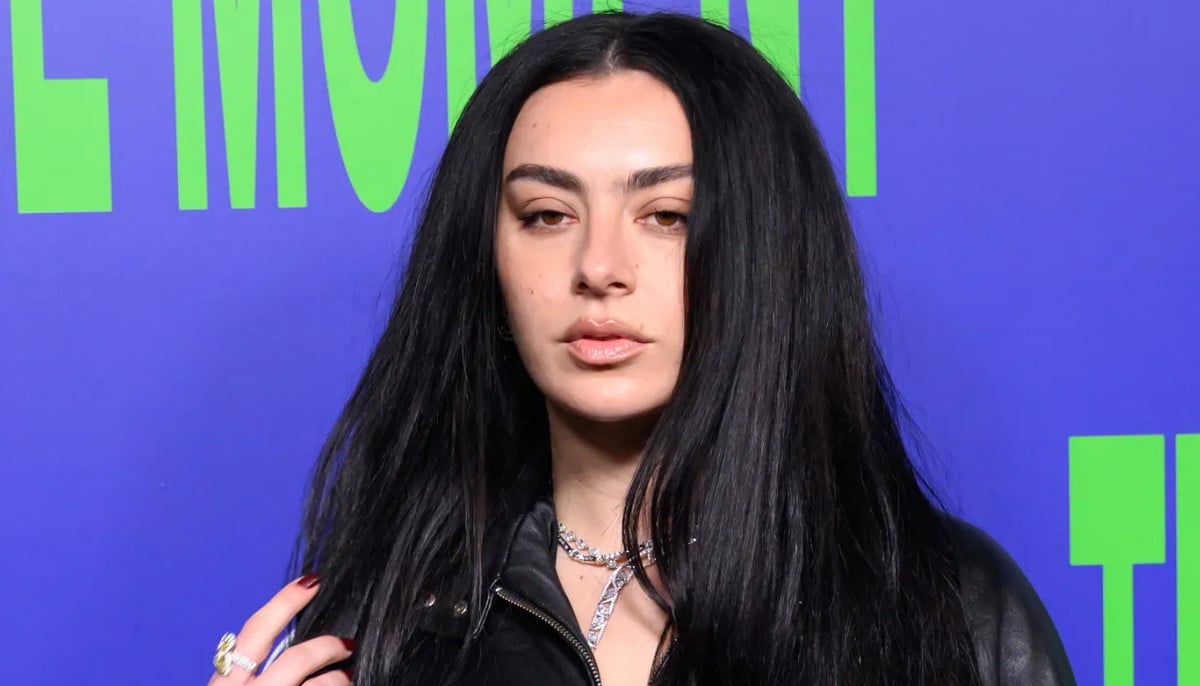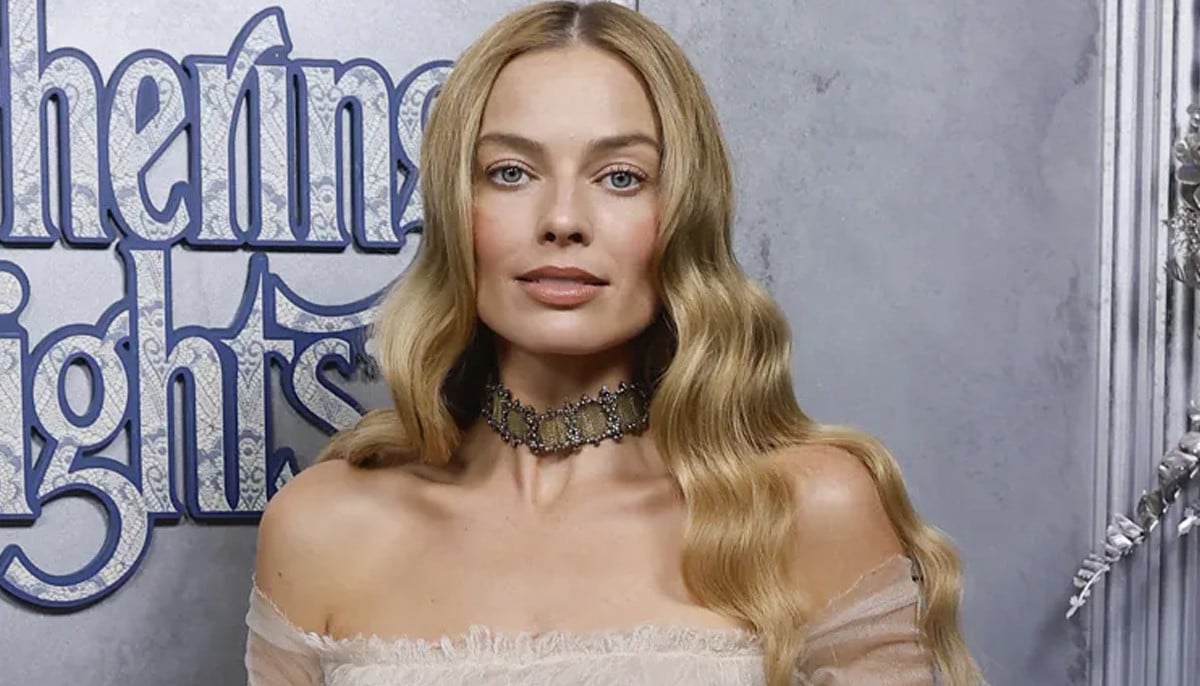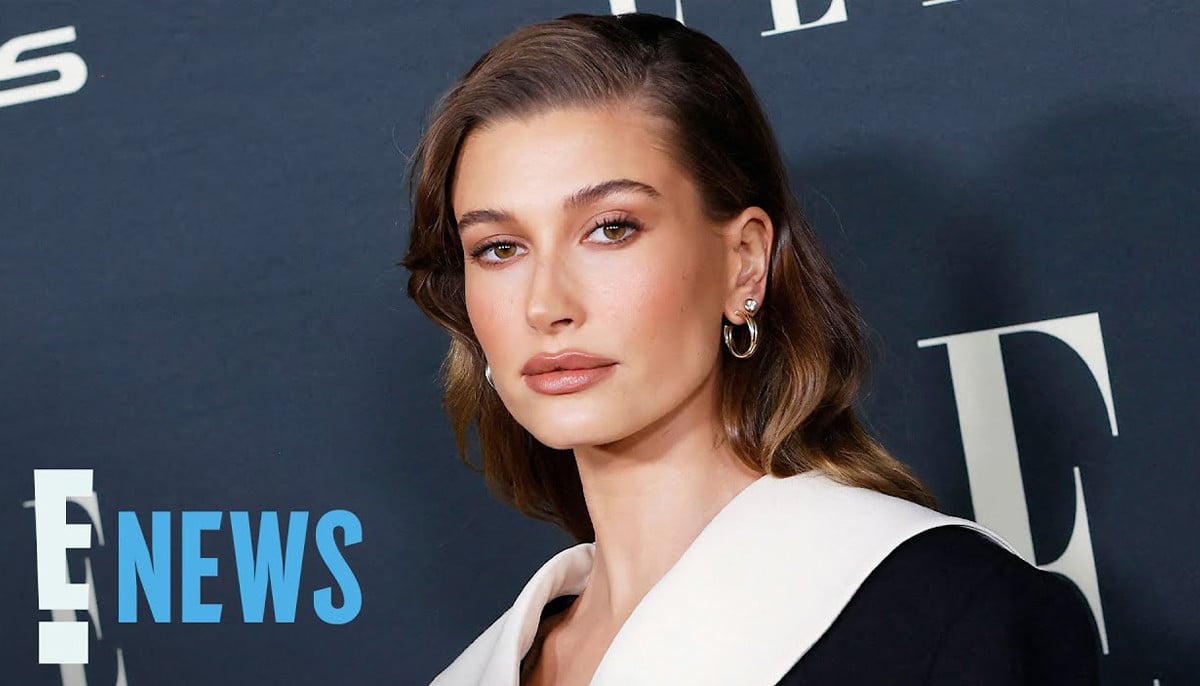'Sleepy Girl Mocktail': Does this TikTok potion really help with sleep?
As "Sleepy Girl Mocktail" gets popular on TikTok, experts doubt it
Thousands of TikTok users claim that all you need for a restful night's sleep is a scoop of magnesium powder, a few glugs of sour cherry juice, and a little seltzer—or is it?
The concoction has been making the rounds on social media for months under the moniker "sleepy girl mocktail." Drink it before bed (ideally in a nice glass and with a straw), and many people claim to have had the "best sleeps" of their lives after consuming it.
Experts continue to doubt the mocktail's ability to induce sleep, though.
“The sleepy girl mocktail—the idea of having this instead of alcohol—[may mean] you’re going to sleep better,” said Michelle Drerup, PsyD, a psychologist at the Cleveland Clinic's Sleep Disorders Centre, in an interview with Health. However, further research is needed to fully understand the effects of sour cherry juice and magnesium on sleep, thus the components themselves could not have much of an effect.
The two major ingredients of the sleepy girl mocktail are tart cherry juice and magnesium (usually in powder form); the seltzer seems to be added for flavour or zing.
Though there isn't much evidence to support these claims, both substances have been related to better sleep.
For instance, tart cherry juice has a high melatonin content, which may help with sleep quality, according to Drerup. However, compared to other over-the-counter sleep aids, tart cherries and tart cherry juice have significantly less melatonin.
According to one study, there were just 0.135 micrograms of melatonin in a 100-milligram meal of sour cherry juice, which is significantly less than the 0.5–5 milligramme level that is advised for sleep.
“There are mixed results in terms of what [tart cherry juice] actually does for sleep,” said Drerup, adding that some studies show it may help people with insomnia while others say it doesn’t influence sleep.
-
Jelly Roll explains living with 'severe depression'
-
Charli XCX reveals ‘confusing’ toll ‘Brat’ popularity took on her
-
Margot Robbie opens up about imposter syndrome ‘crisis’
-
Hailey Bieber reveals how having ovarian cysts is 'never fun'
-
Sir Elton John details struggle with loss of vision: 'I can't see'
-
What we know about Chris Cornell's final hours
-
5 famous celebrities who beat cancer
-
Oprah Winfrey talks about weight-loss 'tool to manage' health
